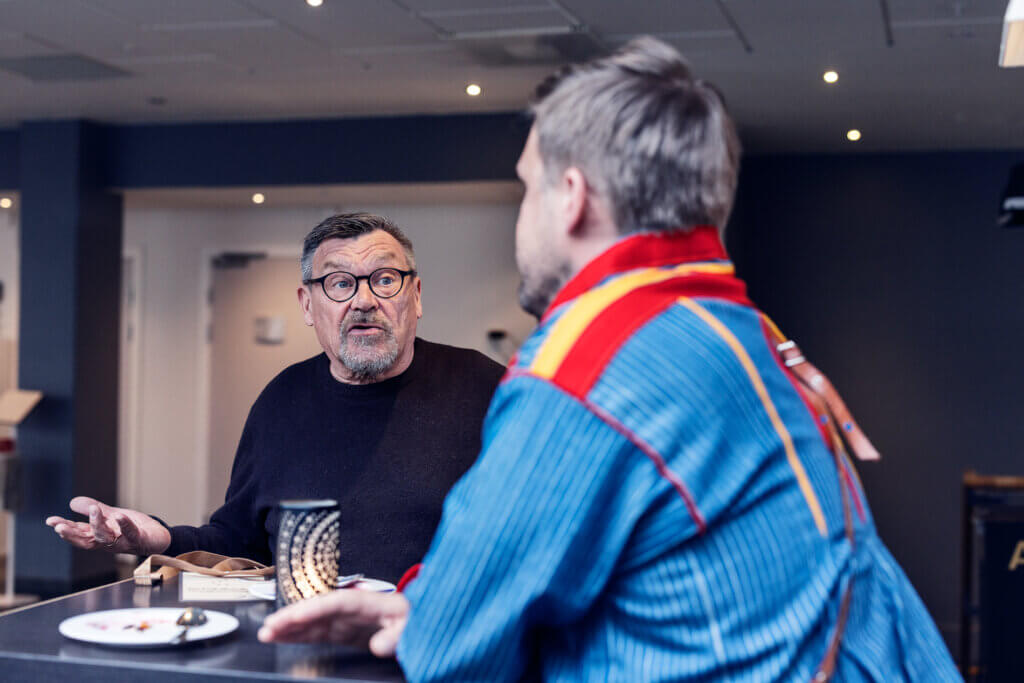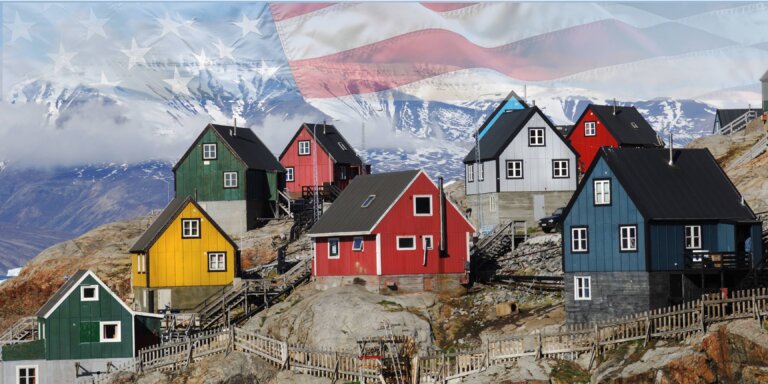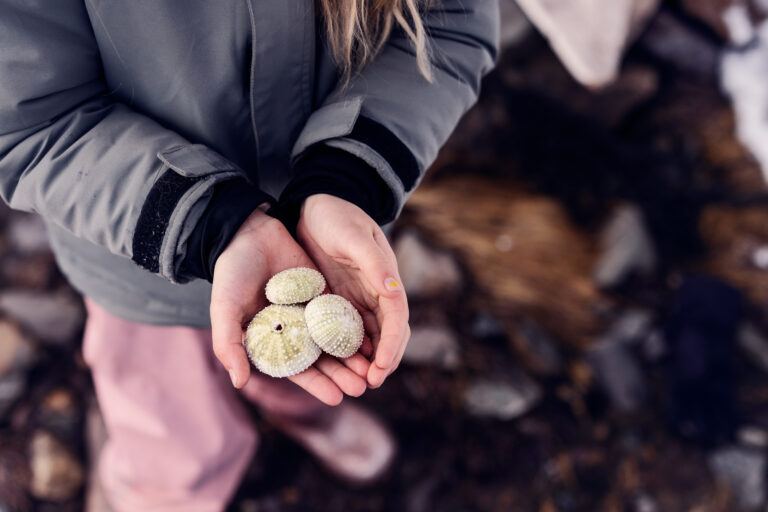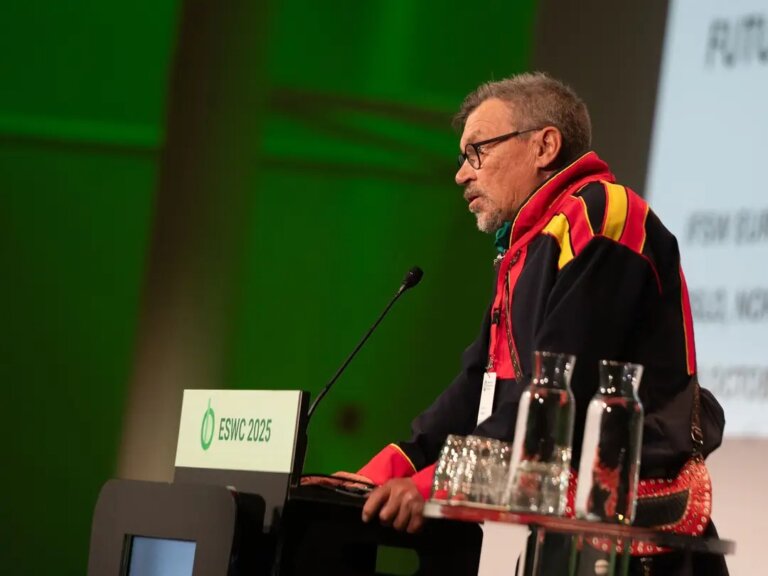Máistu – the first Sami food conference
The world’s first Sami food conference, Máistu, took place in Alta on May 14, with side events on May 13 and 15. Initiated by the Sámi Parliament, the conference aimed to highlight Sámi food systems through a lens of sustainability. For generations, Indigenous peoples have used natural resources responsibly, but recent regulations, economic developments, and global climate shifts have disrupted traditional practices.

Sámi Food Systems in Focus at Historic Conference in Alta
Sámi Food Systems in Focus at Historic Conference in Alta
The world’s first Sami food conference, Máistu, took place in Alta on May 14, with side events on May 13 and 15. Initiated by the Sámi Parliament, the conference aimed to highlight Sámi food systems through a lens of sustainability. For generations, Indigenous peoples have used natural resources responsibly, but recent regulations, economic developments, and global climate shifts have disrupted traditional practices.
Representatives from BIRGEJUPMI’s WP2 and WP5—including Ida Hydle, Jan Erik Henriksen, Andrea K. Domaas, and Ove Stødle from Mearrasiida—took part, contributing to the dialogue on traditional food systems and knowledge transfer. A wide range of Sámi birgejupmi and food experts gave insightful presentations on heritage-based food practices, from reindeer and fish to seasonal preservation techniques.
The conference featured inspiring talks, case studies, and tasting breaks that allowed participants to experience the flavors of Sámi seasonal foods. Topics ranged from food heritage and legal barriers to rebranding traditions and building resilient Indigenous food futures. Guest speakers included chefs, artists, entrepreneurs, researchers, and knowledge holders from across the Arctic.
Side events included workshops, book talks, local food tastings, and culinary experiences throughout Alta’s cultural scene.
Kreativ Industri provided technical hosting for the vibrant three-day festival, while Arvu captured the event with striking photographs.
Máistu showed that Sámi cuisine is more than just food—it’s identity, sustainability, and community. The conference offered a crucial platform for revitalizing Indigenous knowledge and shaping the future of Arctic food systems.


